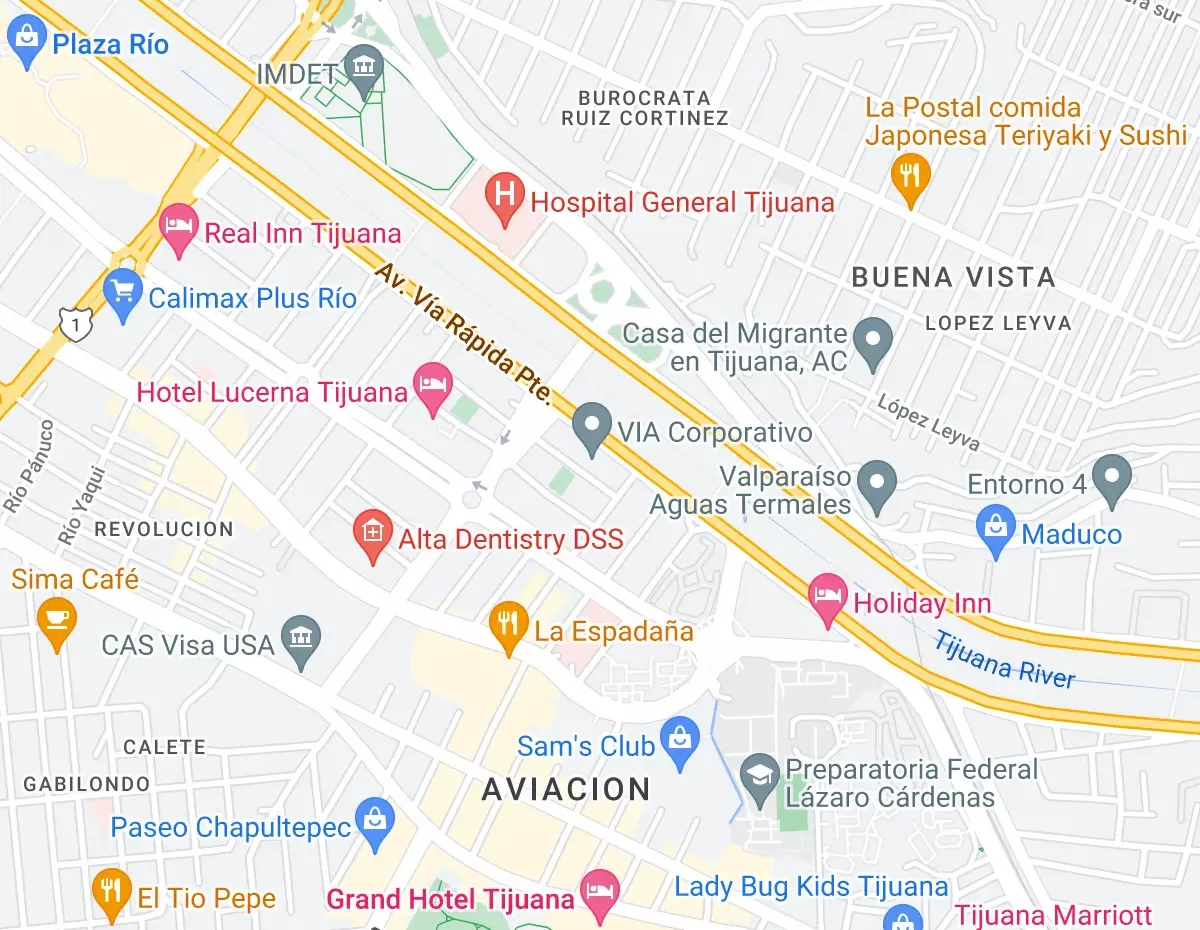Recovering from PTSD is a daunting challenge, but new treatments offer hope. Ibogaine, a plant-based psychoactive drug, is gaining attention for its potential to transform lives affected by post-traumatic stress disorder.
Derived from the root of the Tabernanthe iboga shrub, this psychedelic called ibogaine stands out as a unique therapeutic option that may facilitate profound psychological healing. Understanding its origins, mechanisms, and benefits for PTSD recovery can be crucial for veterans and others seeking alternative treatments.
Whether you're exploring options for yourself or a loved one, the insights on ibogaine’s role in PTSD recovery could be the key to unlocking a new path to healing.
What is Ibogaine? Understanding This Psychedelic Plant
Ibogaine is a plant-based psychoactive drug derived from the root of the Tabernanthe iboga shrub, which is native to Central Africa. Traditionally used in healing and initiation rituals within the Bwiti religion, ibogaine is a naturally occurring compound that has gained attention for its potential therapeutic benefits, particularly in the realms of addiction recovery and mental health.
The drug called ibogaine interacts with various neurotransmitter systems in the brain, which may help promote neuroplasticity and provide users with profound psychological insights. Many individuals who undergo ibogaine treatment report significant reductions in cravings for substances, especially opioids, and often describe their experiences as deeply introspective and transformative.
While psychedelic ibogaine is classified as a controlled substance in some countries, it is available in others where it can be administered safely in clinical settings. Clinics offering legal ibogaine therapy provide supervised sessions designed to support individuals on their healing journeys.
As interest in the therapeutic potential of this psychedelic drug ibogaine grows, ongoing research continues to explore its benefits and applications in mental health treatment.
The Potential of Ibogaine in PTSD Treatment
The potential of ibogaine in treating post-traumatic stress disorder (PTSD) has gained significant attention in recent years, especially among veterans and individuals with treatment-resistant symptoms. Research indicates that ibogaine may help alleviate PTSD symptoms by promoting psychological healing and cognitive flexibility.
Here are some key points regarding the effectiveness of ibogaine in addressing symptoms of PTSD:
- Ibogaine treatment at a clinic has shown promise, with participants reporting substantial improvements in their mental health and daily functioning.
- Studies suggest that treatment with ibogaine can lead to a significant reduction in symptoms of PTSD, with participants experiencing a shift in their perception of traumatic memories.
- The psychedelic drug ibogaine facilitates a unique introspective experience, allowing users to reevaluate their past in a therapeutic context.
- Research indicates that ibogaine could enhance neuroplasticity, which may be crucial in rewiring the brain's response to trauma.
- Comparisons between ibogaine and other psychedelics reveal that ibogaine's effects may be particularly beneficial for individuals with complex trauma histories.
- Although the initial findings are promising, further studies are necessary to establish the long-term safety and effectiveness of ibogaine as a treatment for post-traumatic stress disorder.
How Does Ibogaine Compare To Other Treatments for PTSD?
The exploration of ibogaine as a potential treatment for post-traumatic stress disorder (PTSD) has opened new avenues for veterans and others seeking relief from debilitating symptoms. Unlike traditional therapies, ibogaine offers a unique approach that may address the underlying issues of PTSD more effectively. Below is a comparison of ibogaine with other prominent treatments for PTSD, highlighting its distinct advantages and considerations.
Comparison of PTSD Treatments
- Ibogaine as a treatment: Research indicates that taking ibogaine can lead to significant reductions in PTSD symptoms, with one study showing an average reduction of 88% in symptoms among veterans. This neuro-rehab drug promotes psychological flexibility and cognitive improvements, making it a compelling option for those who have not responded to conventional therapies.
- MDMA: Known for its use in assisted psychotherapy, MDMA has shown promise in clinical trials for treating PTSD. It helps patients process traumatic memories in a supportive environment, often leading to substantial symptom relief. However, it typically requires multiple sessions and integration therapy.
- Traditional medications: Antidepressants and anti-anxiety medications are commonly prescribed to manage PTSD symptoms. While they can be effective, they often come with side effects and do not address the root causes of trauma. Many veterans find these medications insufficient, leading them to explore alternative options.
- Psilocybin: This psychedelic compound, found in magic mushrooms, is also being researched for its potential in treating PTSD. Similar to MDMA, it is often used in conjunction with psychotherapy, which may enhance its effectiveness.
Potential Risks Associated With Using Ibogaine for PTSD Without Proper Medical Supervisions
While having the benefits and potential therapeutic effects of ibogaine for treating post-traumatic stress disorder (PTSD), it is crucial to recognize the associated risks, especially when used without proper medical supervision. Ibogaine is classified as a Schedule I drug by the Food and Drug Administration, meaning it is considered to have a high potential for abuse and no accepted medical use in the U.S. This classification raises concerns about safety and efficacy when individuals seek treatment independently.
The side effects of ibogaine can be significant, including the risk of serious cardiac complications such as arrhythmias. These risks are particularly concerning for individuals with pre-existing heart conditions. Additionally, psychiatric symptoms may arise during treatment, potentially exacerbating underlying mental health issues.
A study participant in a controlled environment reported improvements in PTSD symptoms, but without medical oversight, individuals may not receive the necessary support to manage adverse reactions. The dose of ibogaine is also critical; improper dosing can lead to severe health consequences, including overdose.
The Department of Veterans Affairs and other organizations emphasize the importance of medical supervision for those considering ibogaine treatment. Engaging in treatment without proper guidance can lead to dangerous situations, highlighting the need for thorough screening and monitoring.
How Long Do the Effects of Ibogaine Typically Last?
The effects of ibogaine can be notably longer-lasting compared to other psychedelics. Ibogaine typically has an active window of one month, with many users reporting lasting benefits one month after treatment.
After the initial session, individuals may experience changes in their symptoms after treatment, which can persist for weeks. Many report a significant reduction in cravings and withdrawal symptoms, especially in the days after treatment.
The residual effects of ibogaine can continue for at least one month after treatment, contributing to improved mental clarity and emotional stability. Users often find that the introspective journey initiated during the session helps them process trauma and address underlying issues related to addiction and depression.
While the initial effects of ibogaine may last for 24 to 48 hours, the therapeutic benefits can extend far beyond this period, promoting long-term recovery. This prolonged impact sets ibogaine apart from many traditional treatments, making it a compelling option for those exploring alternatives for managing their conditions.
How Is Ibogaine Administered for Therapeutic Purposes
Ibogaine is administered for therapeutic purposes in a carefully monitored setting to ensure safety and maximize its potential benefits. The treatment process typically involves several key steps:
- Initial Assessment: Before treatment, patients undergo a thorough medical evaluation to assess their physical and mental health. This includes reviewing medical history, conducting brain scans, and evaluating any existing psychiatric symptoms.
- Preparation: Patients are educated about what to expect during the treatment. This preparation is crucial as it helps set the right mindset for the experience.
- Administration: On the day of treatment, a controlled dose of ibogaine is administered, usually in a clinical setting. The dose of ibogaine varies based on individual needs, often ranging from 500 to 1,000 mg.
- Monitoring: Throughout the experience, which can last up to 36 hours, medical professionals closely monitor the patient’s vital signs and overall well-being. This monitoring is essential as ibogaine can affect cognitive function and may induce intense psychological experiences.
- Post-Treatment Support: After the session, patients may engage in therapeutic activities such as counseling or group support to help process their experiences. Studies have shown that ibogaine improved cognitive abilities in participants, with lasting benefits observed one month after treatment.
Overall, the structured approach to administering ibogaine aims to reduce risks and enhance therapeutic outcomes for individuals seeking relief from addiction and trauma-related conditions.
What Is the Success Rate of Ibogaine in Treating Addiction
The success rate of ibogaine in treating addiction shows promising results, particularly for individuals struggling with opioid dependence and PTSD. Research indicates that ibogaine helped many participants significantly reduce their symptoms. In a recent study, veterans who received ibogaine treatment reported an 88 percent in PTSD symptoms reduction, highlighting its potential as an effective treatment option.
Participants often undergo a single dose of ibogaine, which can lead to profound changes in their mental health and substance use behaviors. Many individuals have experienced a drastic decrease in cravings and withdrawal symptoms, making ibogaine a compelling alternative to traditional treatments.
Despite these positive outcomes, the drug companies have been slow to invest in ibogaine research due to its Schedule I drug classification, which complicates its availability in the United States. As interest in psychedelic therapies grows, further studies are needed to validate the long-term effectiveness of ibogaine and its potential role in addiction recovery.
Can Ibogaine Be Combined With Other Therapies for Better Outcomes?
The thing with using ibogaine to treat various conditions, including addiction and PTSD, is that it may be more effective when combined with other therapeutic approaches. Research suggests that ibogaine combined with supportive therapies, such as psychotherapy or mindfulness practices, can enhance overall treatment outcomes.
Dr. Nolan Williams, an associate professor of psychiatry and behavioral sciences at Stanford University, emphasizes the importance of comprehensive treatment options. In studies, veterans exploring treatment solutions have reported significant improvements in their mental health when engaging in complementary activities alongside ibogaine therapy, such as breathwork and yoga.
These combined approaches may address the multifaceted nature of conditions like PTSD and addiction more effectively than ibogaine alone. The Multidisciplinary Association for Psychedelic Studies (MAPS) is also investigating the potential of combining ibogaine with other psychedelics, such as 5-MeO-DMT, to further enhance therapeutic effects.
Overall, while ibogaine shows promise as a standalone treatment, its integration with other therapies could provide a more holistic approach to healing, making it a valuable option for those seeking recovery.
Veterans' Role and Experience with Ibogaine
Veterans play a crucial role in the exploration of ibogaine as a treatment for various psychological and neurological conditions, particularly those arising from traumatic brain injuries (TBI). Many combat veterans and military veterans have experienced significant challenges related to PTSD and depression, often stemming from the intense experiences of war. For veterans with traumatic brain injuries, traditional treatment options have frequently proven inadequate, prompting a search for alternative therapies.
Recent studies have focused on 30 special operations veterans who sought ibogaine therapy at a clinic in Mexico. These special operations forces veterans often face unique challenges due to their exposure to repeated blasts and other combat-related traumas. The findings indicate that ibogaine improved symptoms of PTSD, depression, and anxiety among these individuals, providing a glimmer of hope for those struggling with the aftermath of their service.
A handful of veterans reported life-changing results after using ibogaine, with many noting a drastic reduction in their symptoms. This treatment has become particularly appealing for veterans exploring treatment solutions that conventional therapies have failed to address.
Closing Thoughts
Ibogaine shows significant promise in the treatment of PTSD, especially among veterans and individuals with traumatic brain injuries. Its unique ability to reprocess traumatic memories, enhance cognitive flexibility, and promote lasting psychological benefits makes it a compelling alternative to traditional therapies. However, due to the potential risks, it is crucial to undergo ibogaine therapy in a medically supervised setting.
At New Roots Ibogaine, we are dedicated to providing safe and effective ibogaine treatment. Our dedicated team working in our ibogaine treatment clinic in Mexico ensures that each patient's journey is supported with comprehensive care.
Contact us today to learn how ibogaine can help you on your path to recovery.




